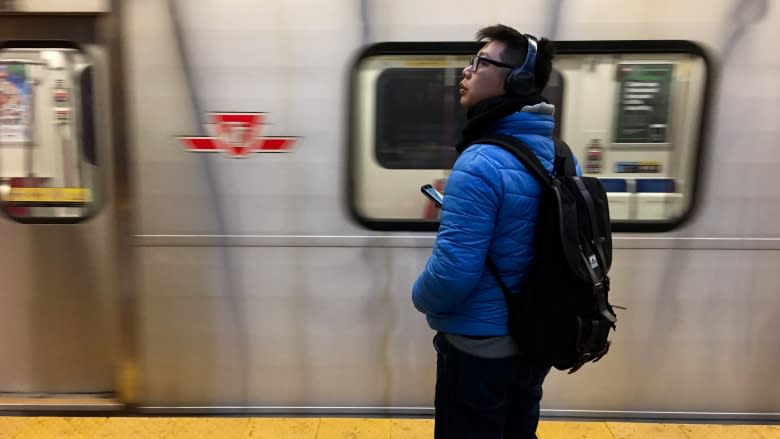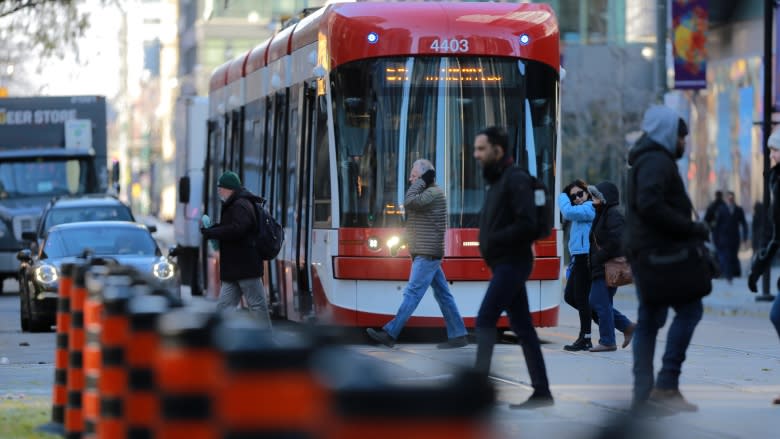TTC's ridership strategy aims to reduce commuter 'pain points'
The TTC is on pace to fall 10 million tokens — or Presto taps — short of its 2017 ridership goal, leaving the transit agency scrambling to boost the number of people riding the rocket.
That could prove difficult.
TTC officials will release the first part of the new ridership growth strategy at Monday afternoon's board meeting. In the report by customer development head Arthur Borkwood, the transit agency warns it is struggling to boost streetcar service due to Bombardier's slow delivery of new vehicles, while plans to expand the bus fleet are being hampered by a lack of storage space. The report also notes the streetcar woes are further straining the bus fleet.
"The unreliability of the aging streetcar fleet, coupled with the delayed deliveries of new accessible streetcars, is causing the TTC to pull buses from bus routes to replace failing legacy streetcars on streetcar routes," Borkwood's report states.
The crunch is causing the TTC to operate fewer hours of service than city council approved funding for. In September, it ran nearly 2,800 fewer hours of streetcar service than what was budgeted for, and some 4,800 fewer hours of bus service.
The result for riders: "pain points." That's the TTC's term for issues around service reliability and flexibility, which are driving riders away.
"The less frequently someone relies on the TTC, the more difficult it will be to encourage them to use the TTC more often," said the report.
Currently, the TTC estimates it has 850,000 unique customers in the city.
Ridership growth strategy includes 2-hour transfers
The new ridership growth strategy includes hop-on, hop-off two-hour transfers, which was already announced by TTC Chair Josh Colle and Mayor John Tory, along with a number of other measures. Borkwood's report says the three goals are: moving more customers more reliably, creating a "seamless" public transit system and making long-term innovations.
It estimates that solving service issues can draw a one per cent ridership increase, while major service upgrades and expansions — like the soon to be opened Toronto-York Spadina Subway Extension — can deliver increases of five per cent.
A number of major upgrades are coming, including the McNicoll Garage, which will add 100-plus buses by 2020, and light rail lines on Eglinton and Finch West that are set to open in 2021 and 2022, respectively.
But the TTC will need some quicker solutions to address issues like declining adult ridership.
Borkwood's report says 16 million yearly adult rides have been lost since 2014, with 403,000 fewer adult Metropasses being sold during that same timeframe.



